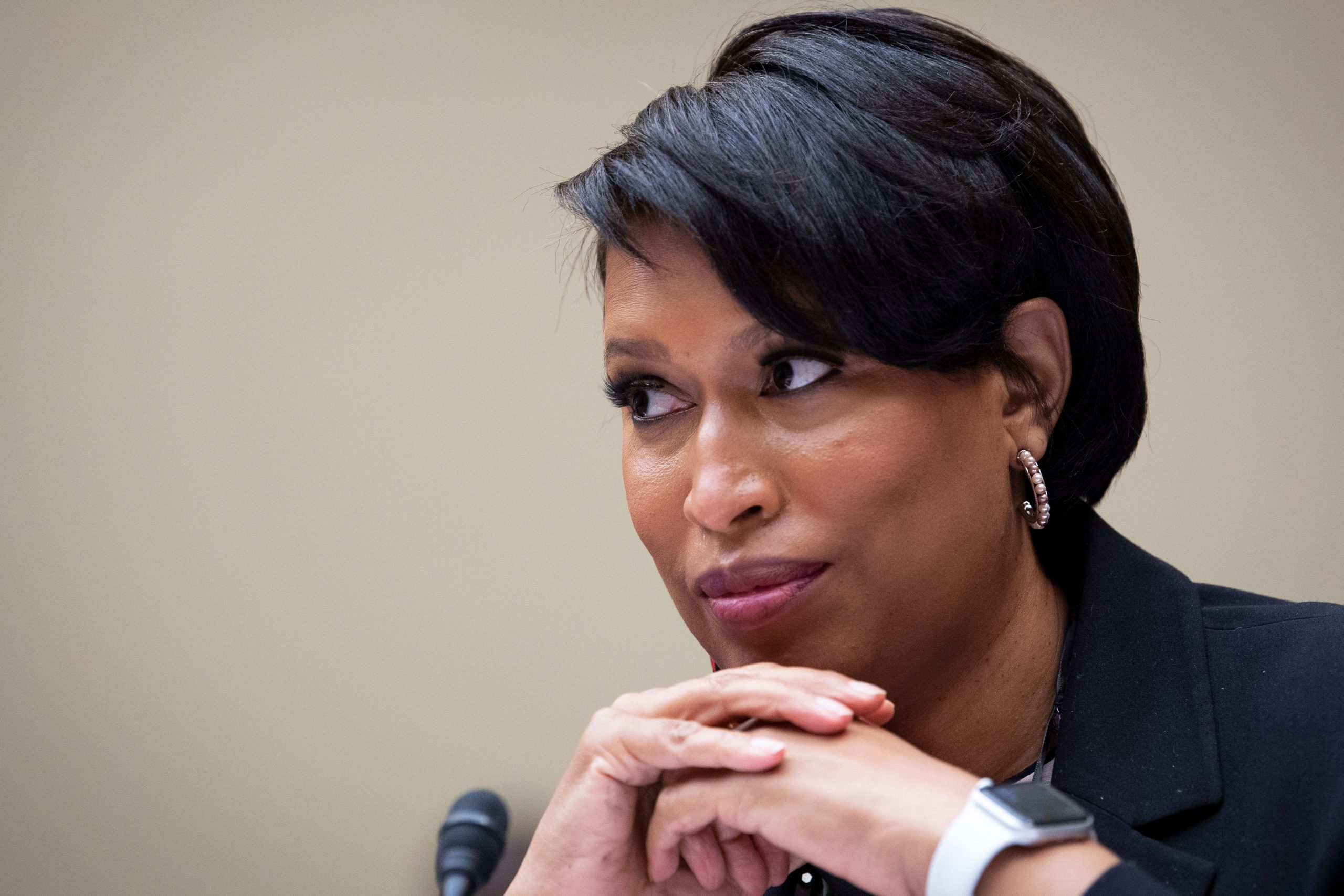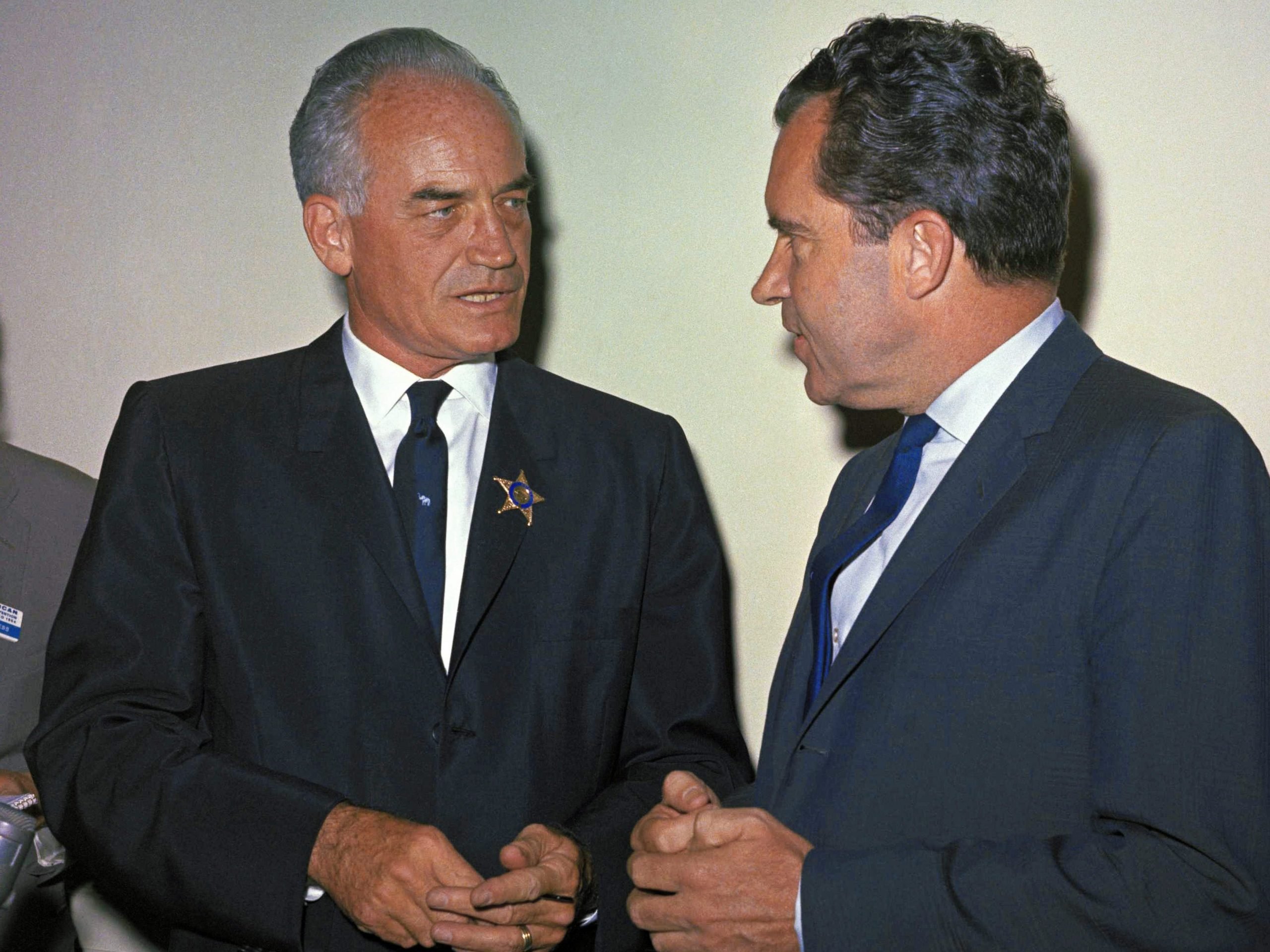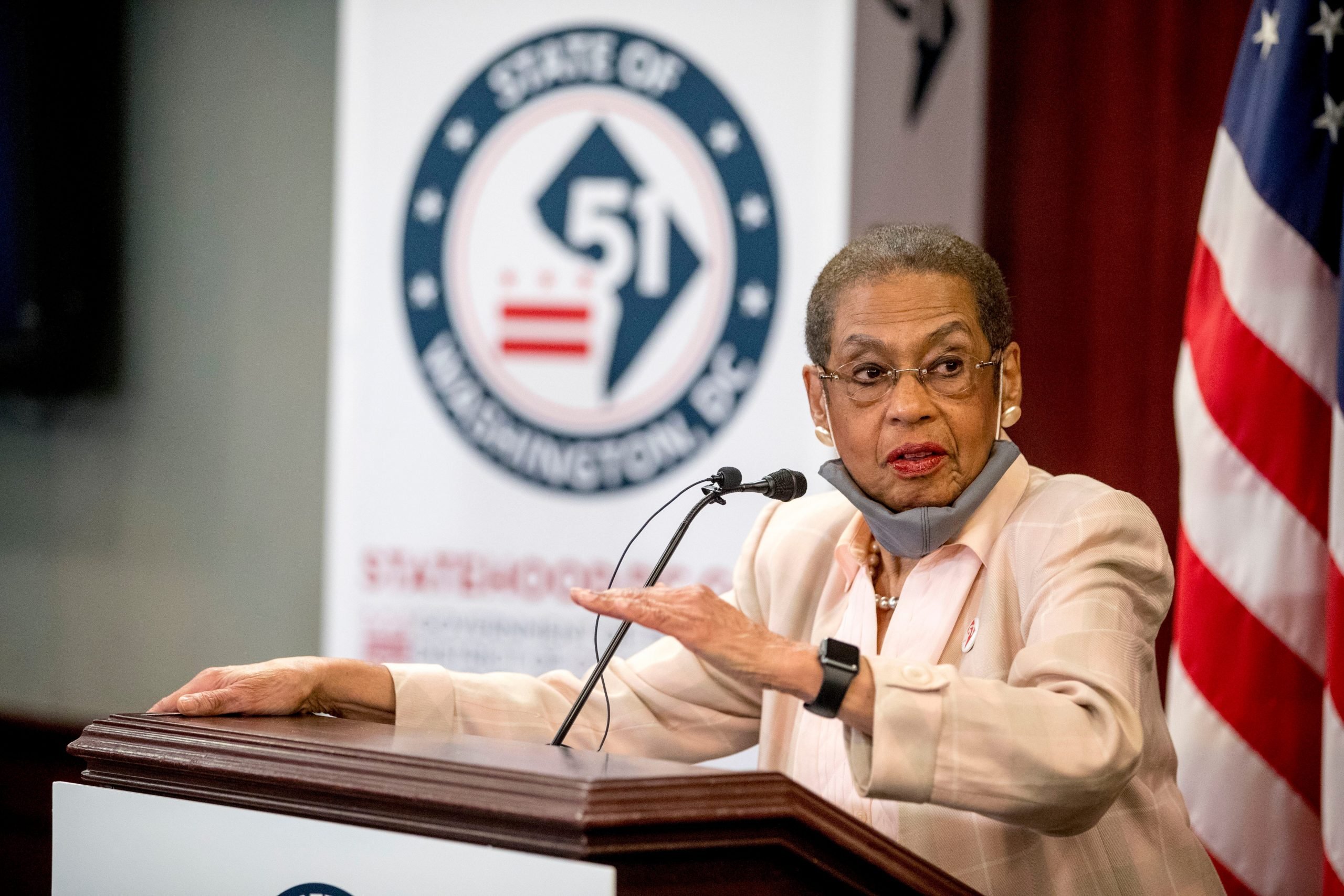
Caroline Brehman/Pool via CQ Roll Call
- The debate surrounding Washington DC statehood is much bigger than current politics.
- Residents and activists have spent decades pushing this movement to the forefront.
- The debate around statehood centers on equal representation, which District residents desire.
- See more stories on Insider's business page.
When Washington DC Mayor Muriel Bowser sat in a House Oversight and Reform Committee hearing on Monday to discuss H.R. 51, a Democratic-backed bill that would grant statehood to the District, Republican opponents of the legislation often asked her questions while interrupting her responses.
The bill would give the newly created state of Washington, Douglass Commonwealth – named in honor of Frederick Douglass – two senators and a voting representative in the House.
GOP Rep. Jody Hice of Georgia, a conservative member of the panel, decried the bill as "a political power grab of obtaining more senators" for the Democratic Party.
He directed much of his ire at Bowser, a native of the city, in a testy series of exchanges during the hearing.
"Mayor Bowser, is DC statehood a bipartisan issue in your opinion?," Hice asked.
Bowser responded: "It should be. We never couched the issue..."
"That's a good answer, but that's not the question," Hice replied, cutting her off.
"Would you consider it to be a bipartisan issue?," he again asked the mayor.
Bowser: "It is a bipartisan issue and here's why..."
"What Republicans do you know that support it?," Hice asked, cutting her off again.
"Oh, I'm quite sure there are Republicans who support it, perhaps not in this conference," she said.
"That's not my question again," Hice responded.
When Hice asked Bowser if there was an effort to create another state that could counter the political influence of an overwhelmingly Democratic Washington, he was upset with Bowser's response that the District's representation should not be subject to the admission of another state to the Union.
"Please answer my question," he said. "I'm not interested in what your assumptions are."
"If I could finish, I want to completely answer your question," Bowser said.
"You completely answered my question, so please don't continue," Hice replied.
In that moment, the debate over DC statehood reflected its unfortunate devolution from a movement over equal representation once embraced by leading Republicans to a partisan exercise, mixed in with a jarring level of disrespect toward the duly-elected two-term mayor.
Republicans have backed DC statehood in the past
While conservatives argue that the statehood effort is a "power grab" by national Democrats to muscle President Joe Biden's agenda through the Senate, the issue is bigger than the current political moment - the push for statehood has been going on for decades and once included Republican support.

AP Photo
In 1961, the 23rd Amendment extended voting rights to District residents to vote in presidential electors and granted the District electors in the Electoral College.
The late Sen. Barry Goldwater of Arizona, the 1964 GOP presidential nominee, and former president Richard Nixon supported DC statehood.
"It should offend the democratic sense of this nation that the 850,000 citizens of its Capitol, comprising a population larger than 11 of its states, have no voice in the Congress," Nixon said to Congress in April 1969.
It's a far cry from the mantra of most modern Republicans, who have criticized everything from the District's school system to its lack of an airport and even falsely claimed that the city lacks car dealerships as a rationale to deny statehood.
Statehood has been a decades-long effort
Democratic Del. Eleanor Holmes Norton, a prominent statehood supporter who has represented the District in Congress since 1991, can vote in committees and introduce legislation, but as a delegate she cannot vote on the final passage of House legislation.
In a recent interview with Medium's GEN, Norton addresses the longtime sentiment that many Washingtonians have felt over generations of being relegated to second-class citizenship.
"The District pays the highest federal taxes in the United States but doesn't have the same citizenship rights as people who pay far less in taxes," she said. "Nobody can deny that the residents of the District of Columbia were among the first citizens - the District of Columbia was formed before most of the states."

AP Photo/Andrew Harnik
In 1993, Norton introduced legislation to grant statehood to the District, but despite Democratic control of the House, the measure failed 277-153, with many moderate-to-conservative members of the party rejecting the measure.
In the 2016 election, District voters backed statehood by a 86% to 14% margin.
Last June, with a much more ideologically cohesive Democratic caucus, DC statehood was approved by the House for the first time in history, passing in a 232-180 vote. There were 227 cosponsors, representing a majority of the body.
The measure was blocked by then-Senate Majority Leader Mitch McConnell of Kentucky, whose Republican caucus continues to overwhelmingly reject the legislation.
This year, S. 51, the Senate companion bill to H.R. 51, attracted 41 Democratic cosponsors. However, even with Democratic Senate Majority Leader Chuck Schumer of New York controlling the floor agenda, the bill has to meet the 60-vote threshold to cut off debate, a tall order in the evenly divided Senate.
'Uplifting Black political power' through statehood
The push for full representation is also accentuated by highly visible issue of race.
For decades, the District was one of the most recognizable majority-Black cities in the US.
In 1970, the city was 71% Black.
While the city's Black population has dropped to 46% as of a 2019 estimate, Black citizens still represent the largest ethnic group in the city, which now boasts roughly 712,000 residents, up from a population of 572,000 in 2000.
Many Black Washingtonians have long felt as though an opposition to statehood was rooted in anti-Black bigotry.
Democratic Rep. Ayanna Pressley of Massachusetts, the first Black woman to represent the New England state in Congress and a member of the committee, highlighted the significance of statehood to the District's Black population.
"For many years, DC was affectionately known as Chocolate City," she said. "The vibrant Black community defined this town and provided a professional and cultural scene rich in Black joy, love and excellence. But Congress continuously denied DC a locally elected government for much of its history."
She added: "In the midst of our national reckoning on racism, uplifting Black political power must be a part of the conversation. I'm going to make it plain: DC statehood is a racial-justice issue."